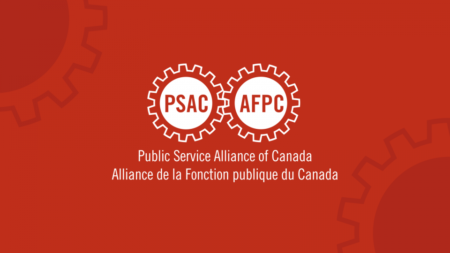PA, EB, TC and SV members who returned to work following the end of the Treasury Board strike on May 1 may be eligible for additional PSAC strike pay.
If you received the notice of return to work too late to be able to work your usual shift the morning of May 1, or the delay caused you to incur a financial loss based upon working a shorter day on May 1, you could be entitled to full or partial PSAC strike pay equivalent for the times in question.
Members who lost less than four (4) hours of wages but a minimum of one (1) hour of wages will be entitled to the equivalent of part-time PSAC strike pay (ranging from $53 dollars to $98.70 depending upon your work location based upon strike pay regulations) while members who lost more than four (4) hours wages will be entitled to the equivalent of a full day of PSAC strike pay (ranging from $75 to $141 depending upon your work location based upon strike pay regulations).
In order to be eligible, you must provide proof of loss of income or leave that you were required to use, then complete this form so that your PSAC regional office can process your request for additional PSAC strike pay.
This top-up will only cover the equivalent of PSAC strike pay. Please contact your component for further information regarding component strike pay top-ups where applicable.
Please note: CIU will issue strike top-up payments to members based on the information provided by PSAC. There is no need for members to contact CIU directly, as the required information will be communicated by PSAC to the component. Please make sure to complete the form so that your request can be processed by PSAC.
This article is based on content first posted on the PSAC website.







